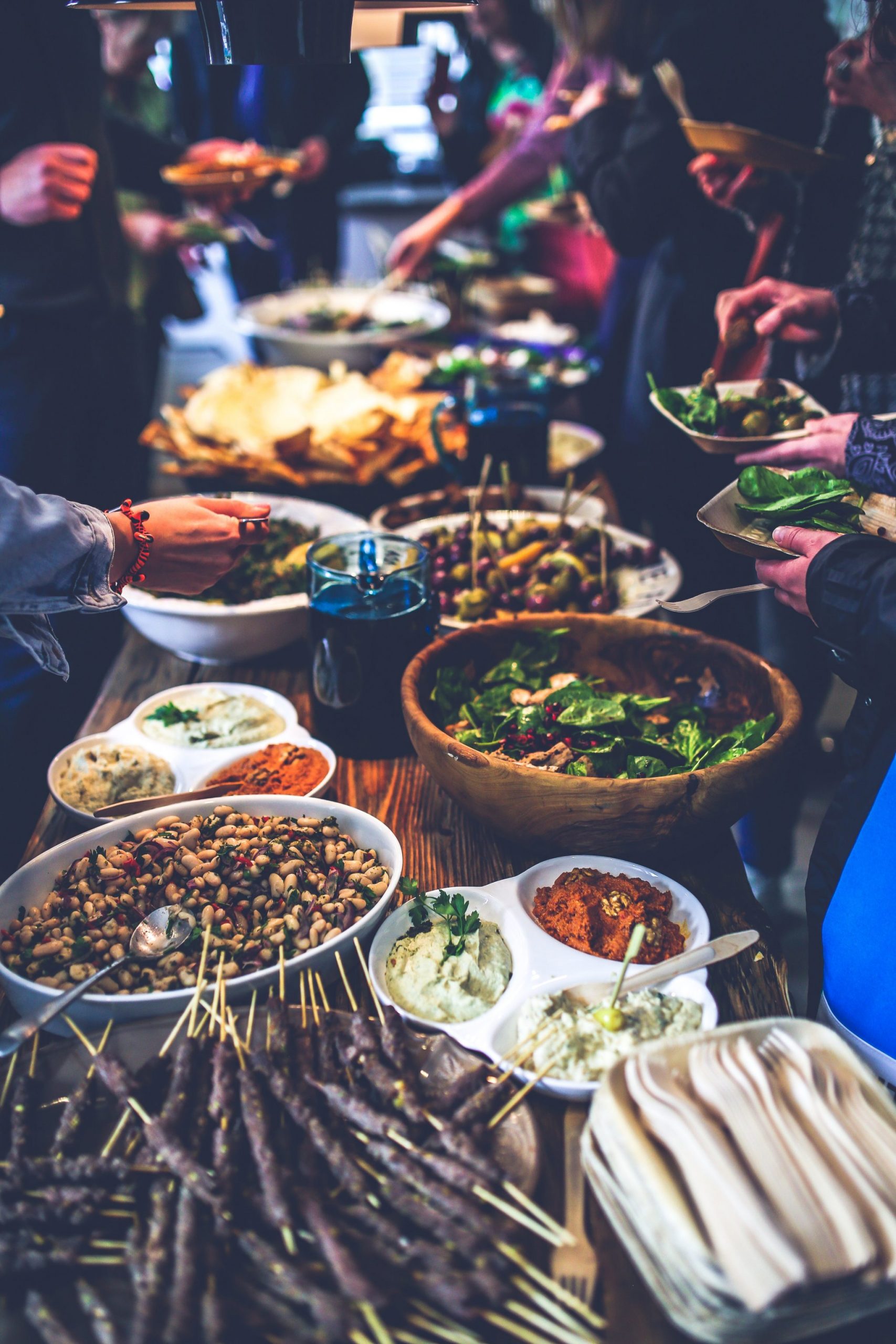Ushered in by a clusterfuck of financial stress and family obligations, winter leaves countless people feeling discouraged, defeated, and alone.
In the psychology/self-help realm, there are plenty of articles suggesting that the cure for the winter blues can be found in an increase of your vitamin D intake, regular trips to the gym, and visits with your friends. These are all excellent — and possibly even necessary — steps for how not to be a shell of a human being by the end of December, but they’re also pretty superficial.
For many of us, the true cause of our winter blues is not a lack of exercise, social engagements, or vitamin D, but a conflict between our needs for attachment and authenticity.
In his book When the Body Says No, physician Gabor Mate suggests that many of us grow up in homes where authentic self-expression is stifled by invalidation, abuse, neglect, or unrealistic expectations.
In an insecure environment where parents struggle with their own mental health, a child’s anger, sadness, honest mistakes, or any other action deemed unacceptable are met not with validation and support, but with punishment and withdrawal of attachment.
Since we still have cave person brains, and a child homo sapien is utterly helpless, the withdrawal of attachment support literally signals to a child’s brain that it is alone in a hostile environment and about to die.
Since attachment is a survival requirement, children learn very quickly to stifle any feelings or behaviours that threaten it. Instead of crying, they put on a happy face. Instead of making mistakes, they hold themselves to a ruthless standard of perfection. Instead of expressing their own legitimate needs, they focus on the needs of their parents.
The cruel evolutionary twist of fate is that authenticity is also a survival requirement. Again, if we think of our cave brothers and sisters, listening to and acting on your gut feelings was necessary to survive. Those who ignored their feelings would end up eaten by a lion, killed by a rival tribe, or without food for the day.
Just as it did with those early attachment breaks, our body responds to our suppression of authenticity as if it were a threat to our survival. Anxiety skyrockets and depressive feelings of hopelessness and shutdown set in.
So what does this have to do with the holidays and winter? For adults who have left their family home, the holidays are the time when this conflict between attachment and authenticity is at its most extreme. Adults are once again confronted with the dilemma of whether or not to be themselves or to put on a show to maintain attachment with dad or grandma.
Attachment disruptions lead to anxiety and depression. Suppressing your authentic feelings in order to maintain attachment leads to anxiety and depression. For many, the holidays are a no-win situation guaranteed to resurrect precisely the childhood wounds that lead to the symptoms that characterize “the winter blues,” which tend to remain for weeks or months afterwards.
So what’s the solution? Recognize this dynamic in your life, develop relationships where both attachment and authenticity are possible, and set limits on your exposure to people with whom this is not possible. By taking these steps, you can be fairly confident that you won’t have to deal with this shit again next year.




Leave a Reply